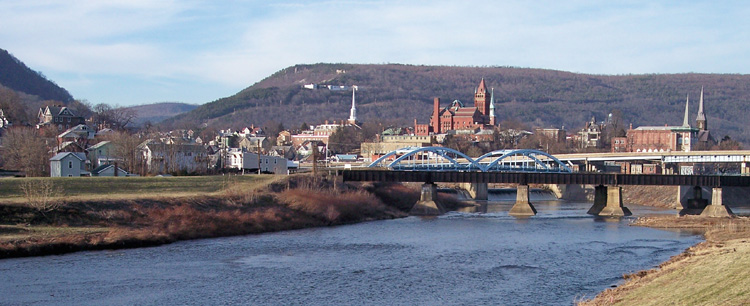According to a letter obtained by The Washington Post, then-Chief Kevin Brown sent correspondence to tribal members in the weeks that preceded the Pamunkey Indians being granted formal recognition on July 2, 2015, as obtained by PilotOnline. The letter indicated that leaders of the now federally recognized tribe were eyeing a potential casino deal with developers. The repercussions of the letter sent by Brown included the loss of his job and discord within the approximately 200-member tribe.
The procurement of a casino deal would have major implications for the tribe of Matoaka (Pocahontas) recognition that has spent upwards of $2.5 million since 1982 when it began the process of applying for federal recognition. Since Virginia doesn’t allow tribal or commercial gambling, it would also be significantly affected by the acquisition.
MGM Resorts, which is in the process of constructing a $1.2 billion MGM National Harbor destination resort casino in Prince George’s County, Maryland, would also be affected and has formerly opposed the tribe’s application for federal recognition. MGM’s resort casino is expected to open in the second half of 2016 and is located directly across the Potomac River from Northern Virginia. Unlike Maryland’s other five casino’s, it is projected to get the majority of its business from outside the state, mainly from Virginia and nearby Washington.
A proposal for a casino in Portsmouth, which is less than 90 minutes from the Pamunkey Indian Reservation, by Senator Louise Lucas, would also be in danger. For the time being those fears can be placed on the back burner due to a last-minute challenge to the tribe’s recognition by “Stand Up California,” a California-based group which focuses on gambling issues affecting California and works to limit Indian casino expansion.
Virginia officials, who have historically fought against casino development within the state, were not pleased with the prospect of the Pamunkey opening a casino. One of those officials, Virginia House Speaker Bill Howell, a Republican from Stafford and a vocal opponent of casinos, was not surprised to learn of the casino discussions, and said that that the tribe’s efforts would not be fought by the legislature.
The Pamunkey Tribe says that no deal is in the works, and while it won’t disclose whether it will pursue casino opportunities, Brown’s letter indicates that it was moving in that direction. Currently, only charitable, pari-mutuel, lottery and racetracks are the only types of gambling that are legal in Virginia.



